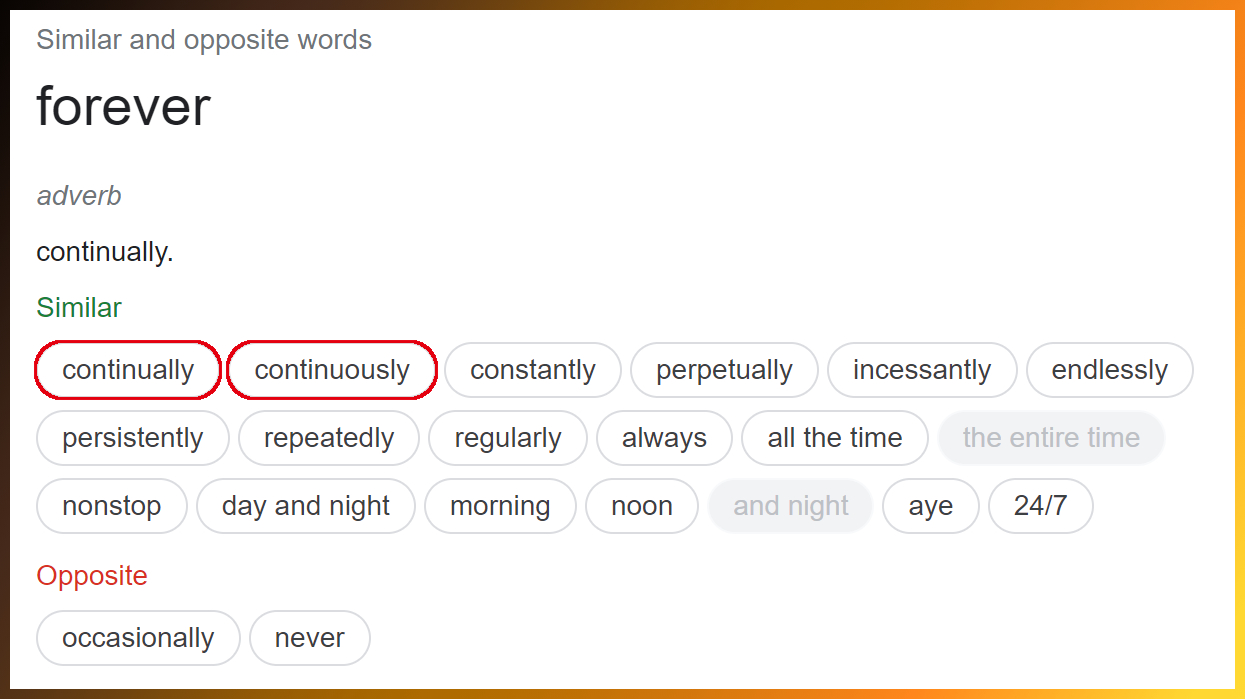Shalum Brothers and Sisters in Yahusha Mashiak!
Today I want to take a closer look at 4 particular verses in Danial. I recently saw someone referencing Danial 11:31 and how [in their words] it had to do with the 'anti-christ' taking away the daily sacrifice. But is that what it really says? This led me to take another look at Danial, paying particular attention to each time I saw this topic referenced in the texts. I came across 4 instances.
Danial 8:11
Danial 9:27
Danial 11:31
Danial 12:11
First, I want to look at how it is translated in the top 3 most popular translations, KJV, NIV, NRSV.
I compiled a few screen shots from biblegateway.com to show them side by side. See below.
Taking this strictly at face value, each of the 3 top versions seem to agree that this is indeed what the scriptures say. But then I opened my BYNV and read them....
8:11 (BYNV)
"It even exalted itself as the Prince of the host. And took that which is continual away from Him, and threw down the foundation of his Qodesh place."
9:27 (BYNV)
"And he shall confirm a covenant with many for one week. And in the middle of the week he shall put an end to the slaughtering and meal offering."
11:31 (BYNV)
"And strong ones shall arise from him and profane the Qodesh place, the citadel, and shall take away that which is continual, and set up the abomination that lays waste."
12:11 (BYNV)
"And from the time that which is continual is taken away, AND the abomination that lays waste is set up, 1290 yomim."
This prompted me to look into the root words for the translations. To understand what the proper translation should say, this is a necessary step. So, let us look at each verse (screen captured from BibleHub's Interlinear)
The Word here is hat-tamid (hah-tah-meed)
Now, ignoring what the translation below each word says, let's look directly to Strong's Concordance.
*Note: Burgundy script next to each one is the word spelled out in Paleo Ibrim (Hebrew) Script as opposed to the Aramaic script in the Concordance.
Of the four verses, only ONE actually uses the Ibrim/Hebrew words that mean 'sacrifice' or 'offering'.... and that would be Danial 9:27. Considering Danial was the one who either wrote or dictated the entirety of this book, WHY would he not use the SAME word in all 4 verses if they all said the same thing? He would not. If he meant sacrifice and offering he would have used the word zebah uminhah. But he doesn't. Each time concerning the one who exalts himself to be higher than Yahuah, he uses the word that means continuity or continuous, hat'tamid.
As we covered in a prior study, Looking at Danial's 70 Weeks , this verse is NOT speaking of the anti-mashiak as so many teach and believe. This is stating that in the 70th week Yahusha would bring an end to the animal sacrifices and food offerings because HE WAS THE ULTIMATE SACRIFICE AND OFFERING. Again, you cannot 'one up' Yahuah.
So WHY do so many translations get the other 3 wrong? Well, each of the other three IS speaking of an evil king/kingdom. How best do you solidify the 'futurism' teachings than to make them ALL read the same?
When the evil one, that exalts himself to be higher than Yahuah, even Yahusha, is mentioned in the other three verses (8:11, 11:31, & 12:11) He is taking away that which is continual.
What is that exactly?
1 Malakim / Kings 8:10-13
And it came to be, when the priests came out of the Qodesh Place, that the cloud filled the House of Yahuah, so that the priests were unable to stand and perform the service because of the cloud, for the esteem of Yahuah filled the House of Yahuah. And Shalomoh said, “Yahuah has said He would dwell in the dark cloud. I have indeed built You an exalted house, an established place for You to dwell in forever.”
1 Kronicles / Chronicles 23:25
For Daud said, “Yahuah Alahim of Yisharal has given rest to His people, and He dwells in Yerushalim forever,”









Comments
Post a Comment